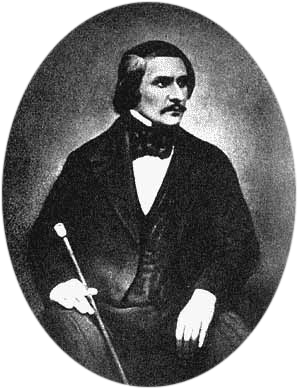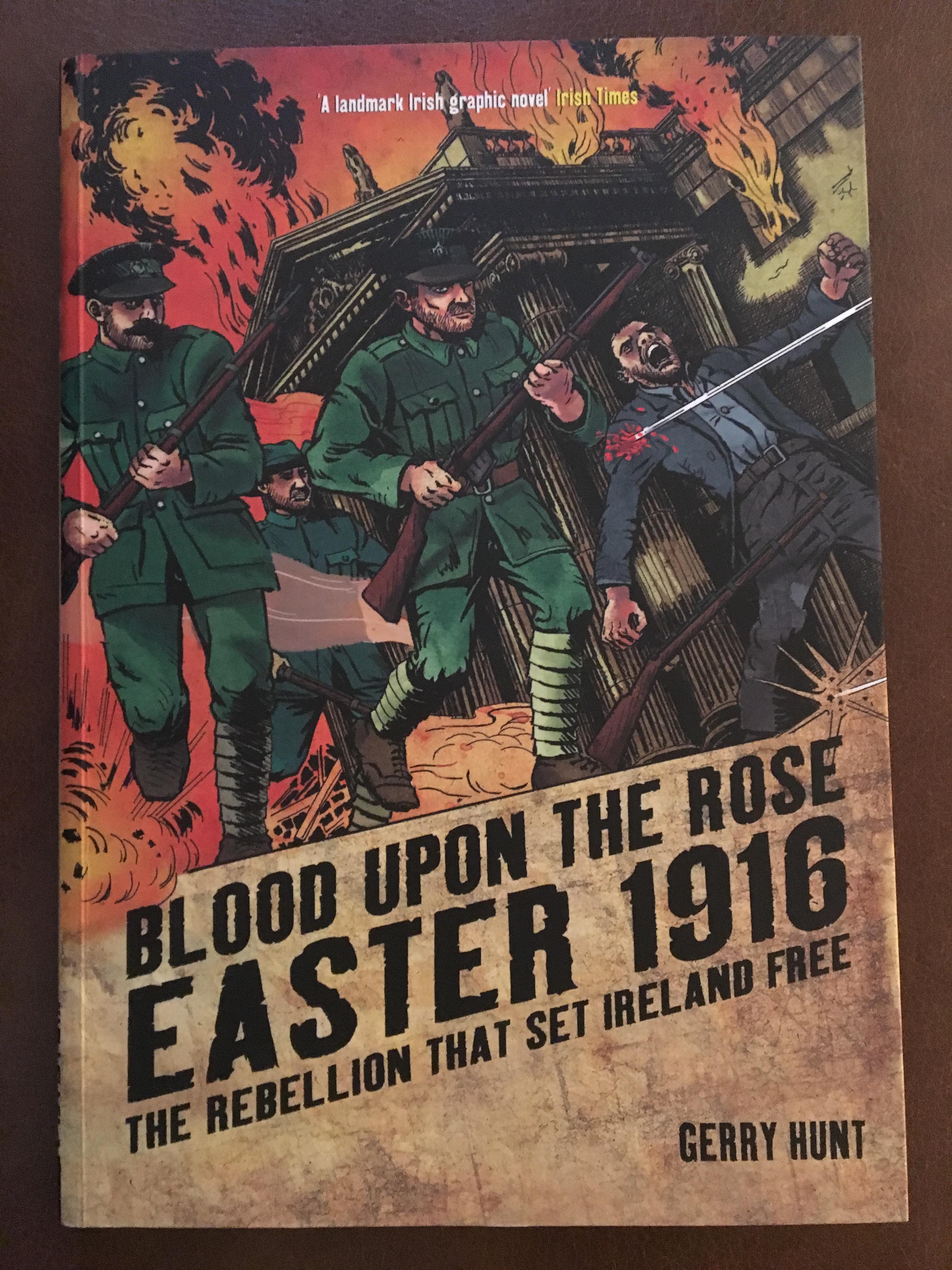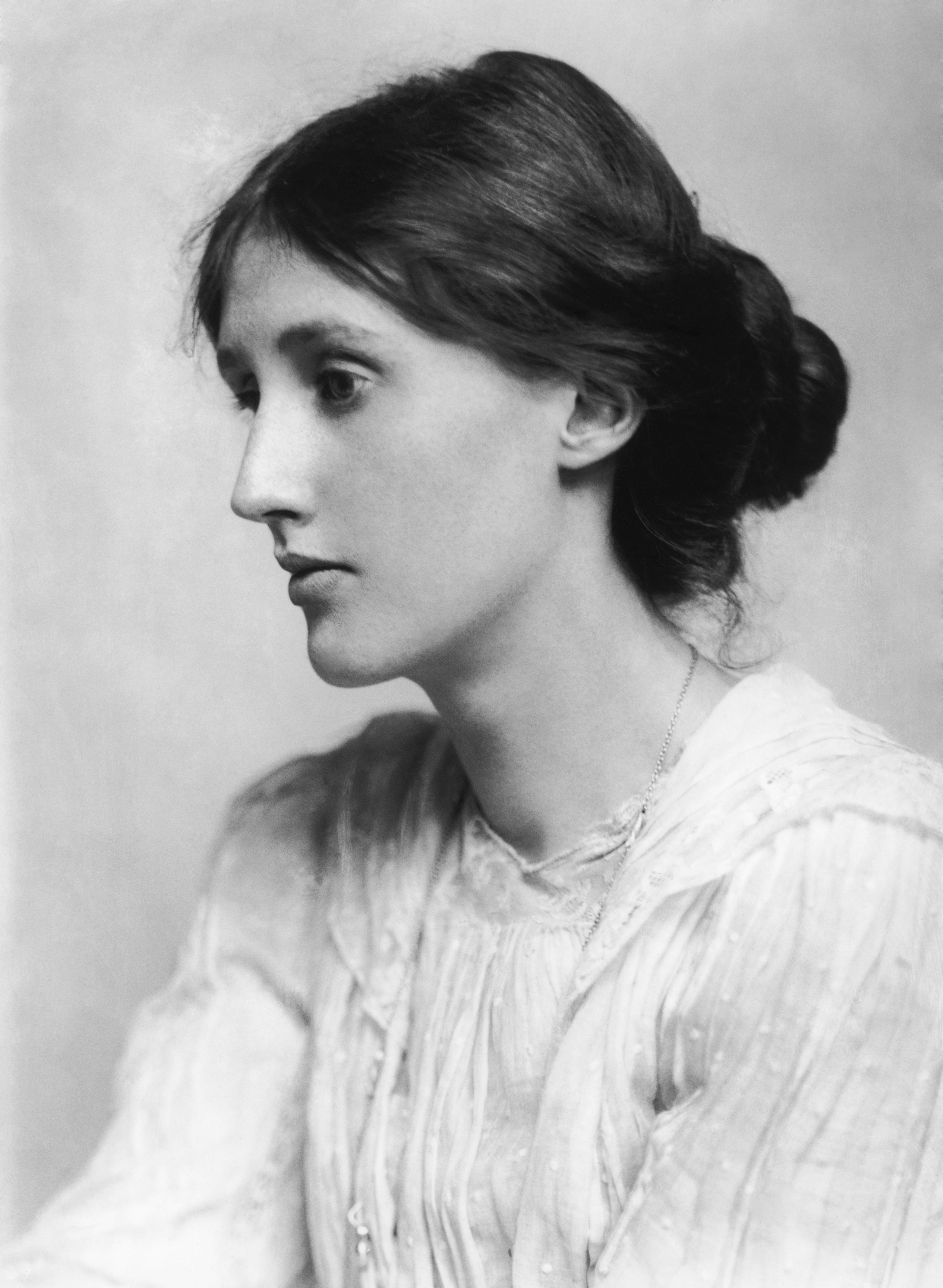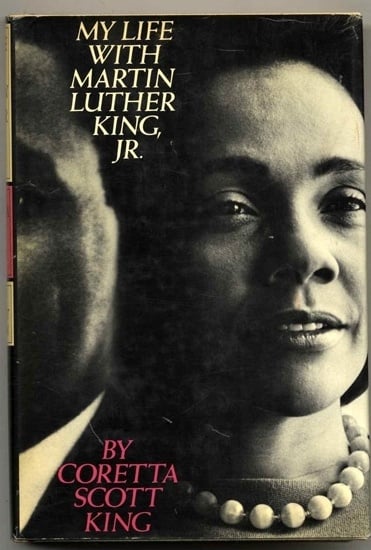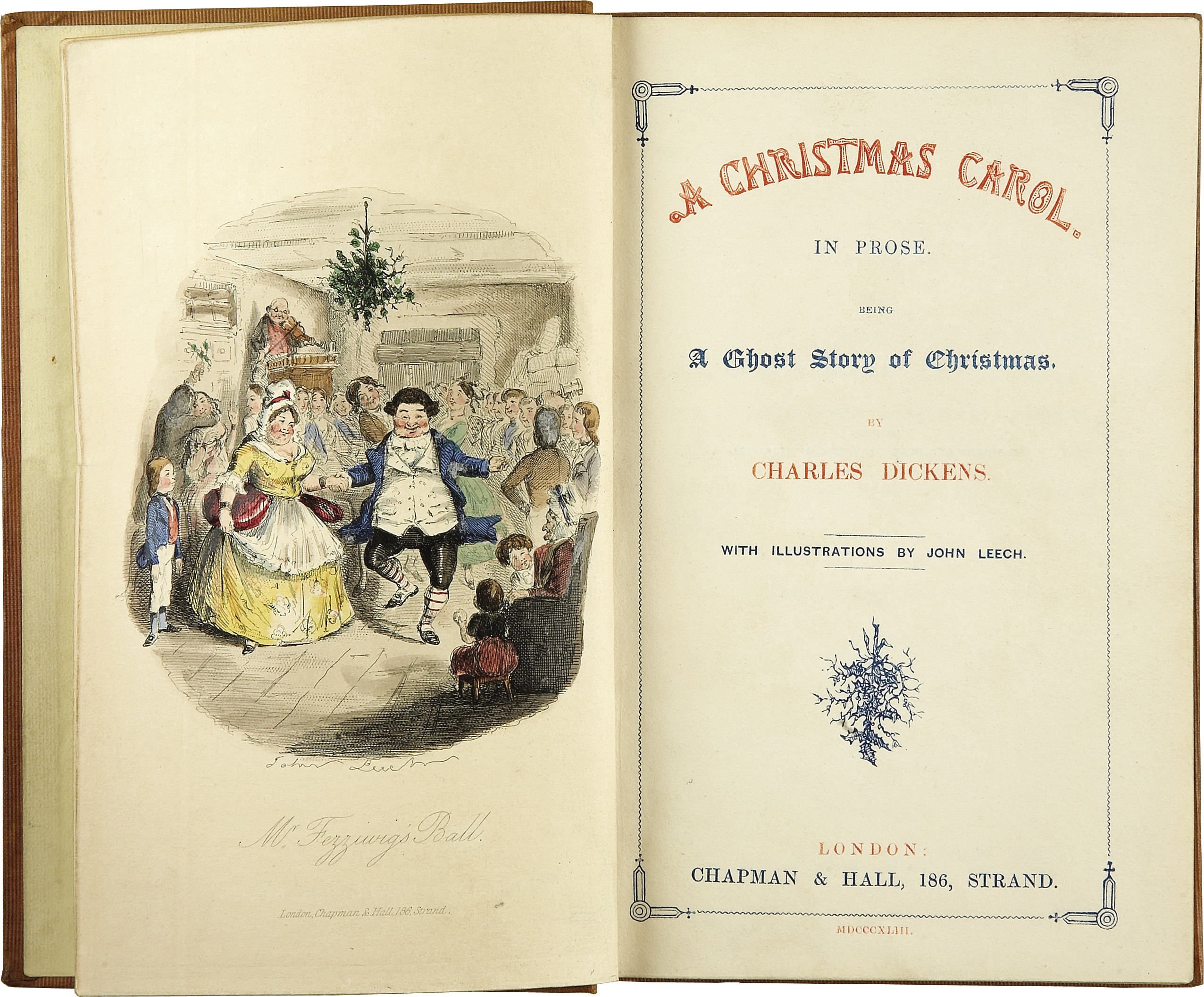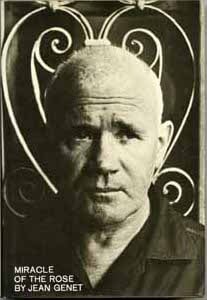Maybe it’s confirmation bias, but it seems from a literary perspective that a writer’s request that her work be burned upon her death is ill-advised at best and disingenuous at worst. The prospect of a literary canon that fails to include Franz Kafka, for instance, is almost too sad to contemplate, but he instructed his literary executor to destroy his unpublished writings upon his death. Luckily, as we know, Max Brod flagrantly violated Kafka’s wishes, thereby earning the gratitude of a century of readers and writers. Vladimir Nabokov, too, wanted his unfinished works burned, but his wife and son found themselves unable to comply. For book-lovers, this is a fortuitous trend, but for authors there is a clear message: if you want your works burned, you have to do it yourself.
us toll free: 1-800-948-5563 international: +1 (843) 849-0283 UK: +44 (0) 1334 260018




